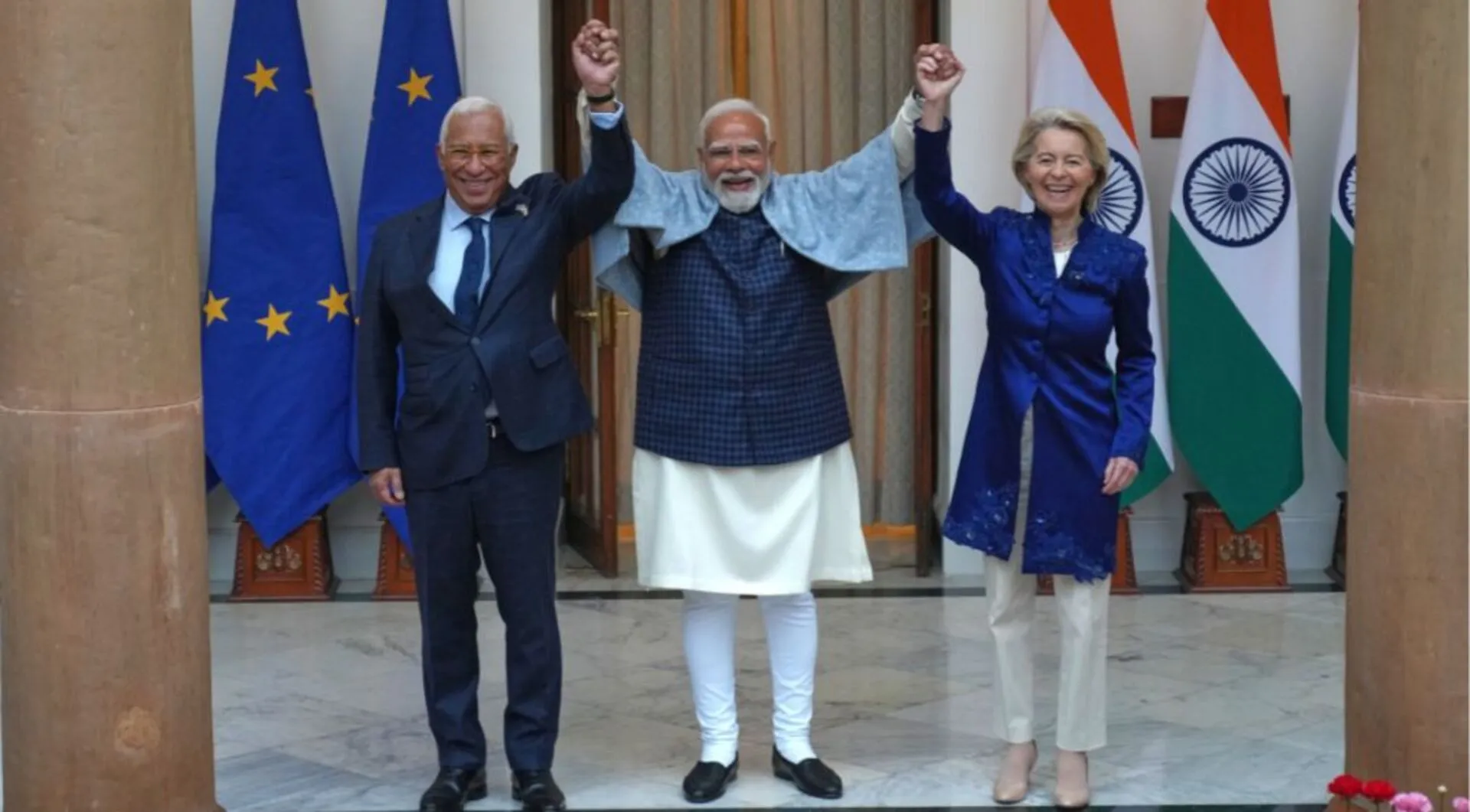What will be the impact of the EU-India trade pact? | International Trade News
The ‘mother of all trade deals’ comes months after the United States slapped tariffs on India and the European Union.
One of the biggest trade deals in history has been struck by India and the European Union, months after United States President Donald Trump hit both with tariffs.
What’s in the agreement – and how much is driven by Washington’s unpredictable measures?
Presenter: Tom McRae
Guests:
Brahma Chellaney – Professor emeritus of strategic studies at the Centre for Policy Research in New Delhi
Remi Bourgeot – Associate fellow at the French Institute for International and Strategic Affairs in Paris
Dhananjay Tripathi – Senior associate professor in the Department of International Relations at South Asian University in New Delhi
Published On 28 Jan 2026
